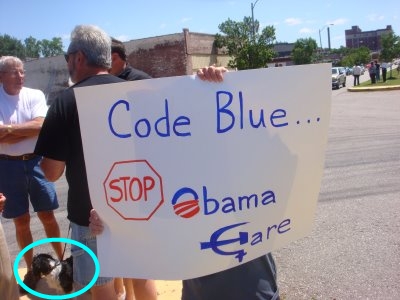Hey, these things cost money.
And, contrary to our current ruling party’s (Democrats) operating fiscal paradigm, there are no money trees out there. If you want a thing, you have to find a way to pay for it. The trouble is, of course, that if you don’t particularly want a thing you may have to pay for it anyway, particularly when the people who do want it (Democrats) happen to have one of their own as Governor of Missouri.
These three paragraphs come to the heart of the matter, I think. Bear in mind that Governor Nixon’s (D) overall goal is that there be less power usage, which sounds marvelous until you contemplate the implications of a population that’s increasing faster than power production. If you don’t want to increase power supply, and you can’t control the population, the only way to manage the situation is to set up conditions where individual expectations of fair-share power are lowered to a level that equals the supply. We have an adjective to describe that condition.
It’s ‘poor.’
Usually, regulators allow utilities to recoup the cost of building power plants or buying more power to meet customer demand. Recently, the Missouri Public Service Commission began allowing some utilities to pass along to customers the cost of programs that reduce demand for electricity.
For example, the commission last week approved a program in which St. Louis-based AmerenUE can offer credits to businesses that voluntarily shut down or scale back their electricity use during peak demand. AmerenUE will be able to recoup the cost for the program that starts Thursday by increasing the rates it charges business customers.
[snip]
The U.S. Environmental Protection Agency estimates that energy-saving programs offered by utilities will add about 3 percent to the average electricity rates. But it says customers who participate in the programs could save 10 percent to 20 percent on their energy bills, and even those who don’t participate might save if utilities don’t have to buy more energy or build new power plants.
(Bolding mine) Continue reading Missourians about to get charged for energy reduction programs.


